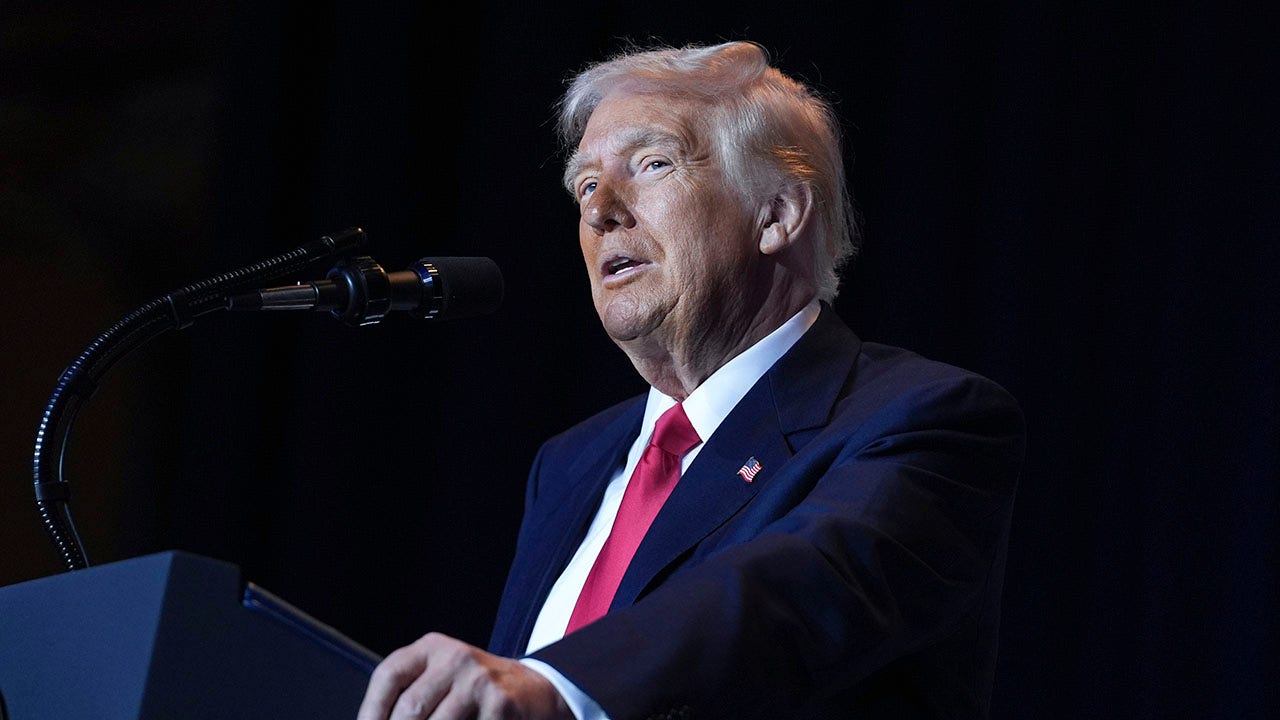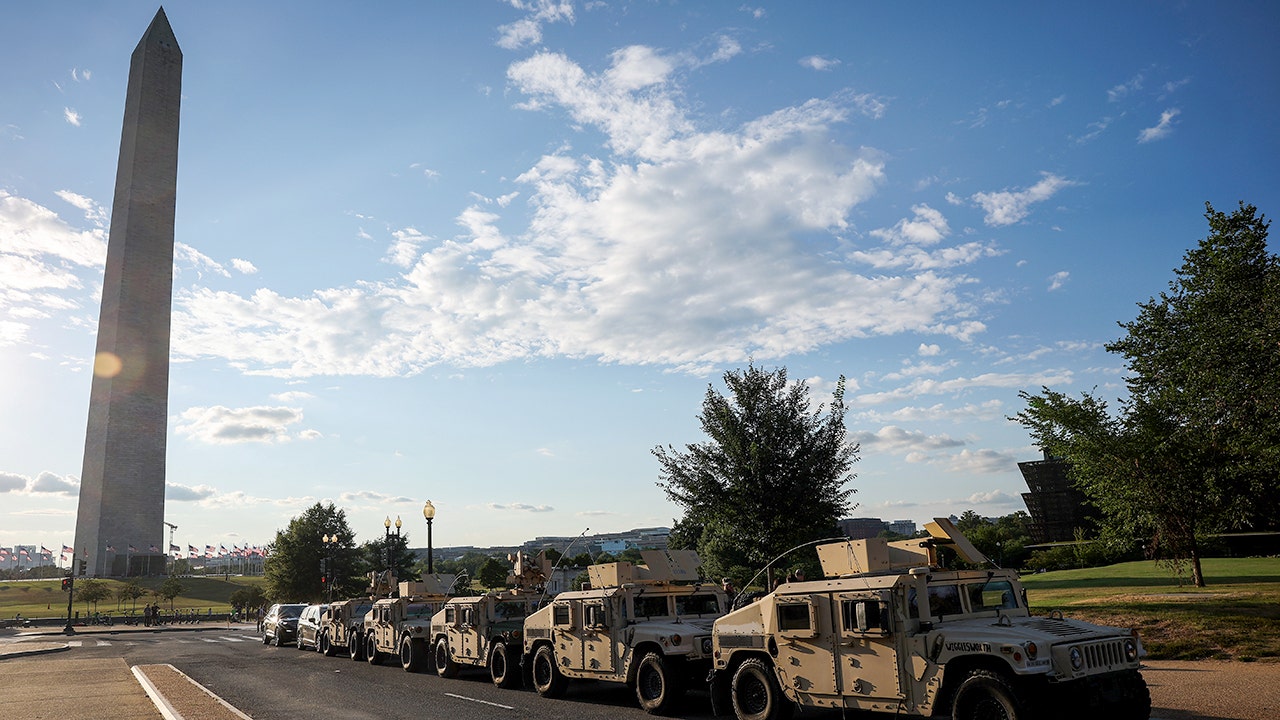President Donald Trump and the judiciary's conflicts are coming to a head

NEWYou can now listen to Fox News articles!
The more aggressive elements of President Trump’s immigration agenda have run into resistance from federal district judges. These courts question the administration’s expedited deportations of illegal Venezuelan migrants with minimal, or no, due process. But a more fundamental constitutional question lies beneath the struggle over immigration. Federal judges that block the deportations risk interference with the executive branch’s constitutional authority over foreign relations and national security. At the same time, if the White House presses his claims of unilateral power too far, it jeopardizes the deference that the judiciary has long offered presidents in their management of national security.
The president and the judiciary are coming to a head because of decisions by two separate federal district judges last week. On May 1, Judge Fernando Rodriguez of Texas held that Trump could not claim power under the 1798 Alien Enemies Act to remove members of the Venezuelan Tren de Aragua gang (TdA) to El Salvador. On May 6, Judge Charlotte Sweeney in Colorado agreed and also enjoined the executive branch from any further deportation of Venezuelans without a hearing before a judge. While only temporary orders, no federal courts have ever before overruled the decision of a president or congress that the United States has suffered an attack or invasion.
Part of the blame for this executive-judicial conflict also rests with the Trump administration’s unprecedented use of the Alien Enemies Act. The act authorizes the president to detain and expel aliens of “a hostile nation or government” with which the United States is in a “declared war” or by which it has suffered an “invasion or predatory incursion.” The United States had only used the act during the declared War of 1812 and World Wars I and II.
VENEZUELAN GOVERNMENT USES TREN DE ARAGUA AS PROXIES TO UNDERMINE US PUBLIC SAFETY, FBI ASSESSMENT FINDS
But on March 15, President Trump sent TdA members to El Salvador under his authority under the Act. He proclaimed that the gang was conducting an invasion or predatory incursion through “irregular warfare” such as “drug trafficking” and “mass illegal migration” into the United States. Trump claimed that TdA is “closely aligned with, and indeed has infiltrated,” the Venezuelan government, so as to meet the Act’s requirement of an invasion by a “hostile nation or government.” The White House made the extraordinary claim that a gang has risen to the level of a foreign government that is conducting an invasion or predatory incursion into the United States.
Regardless of the challenge of showing this to be true factually, district judges have made the mistake of concluding this is a question for the courts to resolve. On some important questions, the Constitution reserves judgment to the elected branches of government alone. As Chief Justice John Marshall conceded in Marbury v. Madison, which first announced the power of judicial review, “the President is invested with certain important political powers, in the exercise of which he is to use his own discretion.” For his decisions, “he is accountable only to his country in his political character, and to his own conscience.” His decision cannot be questioned in court because “the subjects are political.” These issues “respect the nation, not individual rights, and being entrusted to the executive, the decision of the executive is conclusive.”
CLICK HERE FOR MORE FOX NEWS OPINION
War raises exactly the sort of “political questions,” as the Supreme Court has come to describe them, that fall outside judicial competence. The Constitution vests the president with the executive power and makes him commander in chief of the armed forces. Congress has the power to raise and fund the armed forces and to declare war. The courts have no power to direct the elected branches in their exercise of these authorities.
Federal courts have never questioned the decisions of the elected branches over whether a war or invasion has occurred. In the Prize Cases, for example, the Supreme Court would not second-guess President Abraham Lincoln’s awesome decision to wage war to stop secession. “Whether the President in fulfilling his duties as Commander in Chief” was justified in launching military operations against the South, the Court declared, was “to be decided by him.” The Court could declare that it must reserve to the President the decisions on the force to be used to “the political department of the Government to which this power was entrusted.” Following this precedent, federal judge rejected lawsuits seeking a halt to the wars in Korea, Vietnam, Kuwait, Afghanistan, or Iraq.
But in the Texas and Colorado cases, federal judges have overturned the judiciary’s deference on war. They rejected President Trump’s claim that Venezuela had launched an invasion of the United States using TdA as an arm of its military. The federal appeals courts, and ultimately the Supreme Court, must review these decisions as soon as possible. They must recognize that trial judges lack the competence to review the sensitive information and judgments necessary to make the more dire national security decisions. Courts excel at resolving cases or controversies with formal rules of pleading, evidence, and deliberation. They are ill-equipped to judge the probabilities and risks that govern the world of national security.







